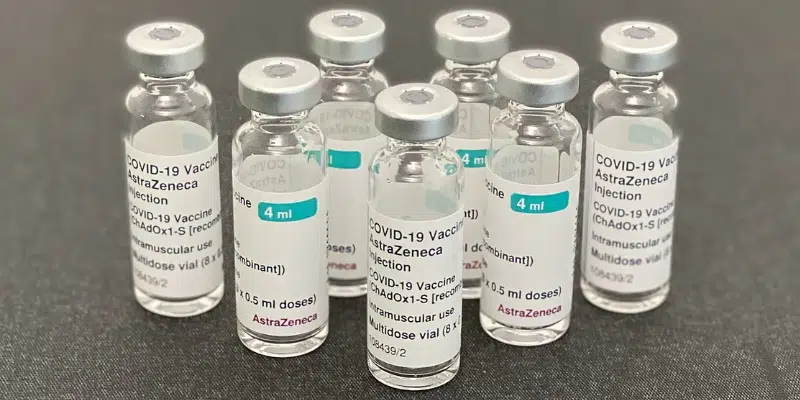Health Canada has concluded that administration of the AstraZeneca vaccine has been linked to rare blood clots associated with low levels of blood platelets in recent months—but those events are very rare.
The update was provided yesterday after what Health Canada calls a thorough, independent assessment of currently available scientific data.
However, Health Canada says no specific risk factors have been identified based on a review of available data from Europe, the United Kingdom, and AstraZeneca itself.
As a result, Health Canada is not restricting the use of the vaccine in any specific populations at this time. Its position is that the AstraZeneca vaccine meets strict safety standards. The department is adjusting the product’s labeling to reflect available scientific evidence.
Health Canada says the potential risk of blood clotting type events is very rare and the benefits of the vaccine outweigh its potential risks. In the rare event that someone experiences unusual blood clots with low platelets, there are treatments available.
Earlier this week the province of Quebec confirmed the country’s first case of a post-vaccination blood clot in a woman in that province. She is reportedly recovering at home.
To put it in perspective, evidence from the Uk, where the AstraZeneca shot has been administered 20-million times, the chance of developing these clots is roughly 1 in 250,000; a woman taking the birth control pill has a 1 in 1,600 chance of developing a blood clot each year.
























